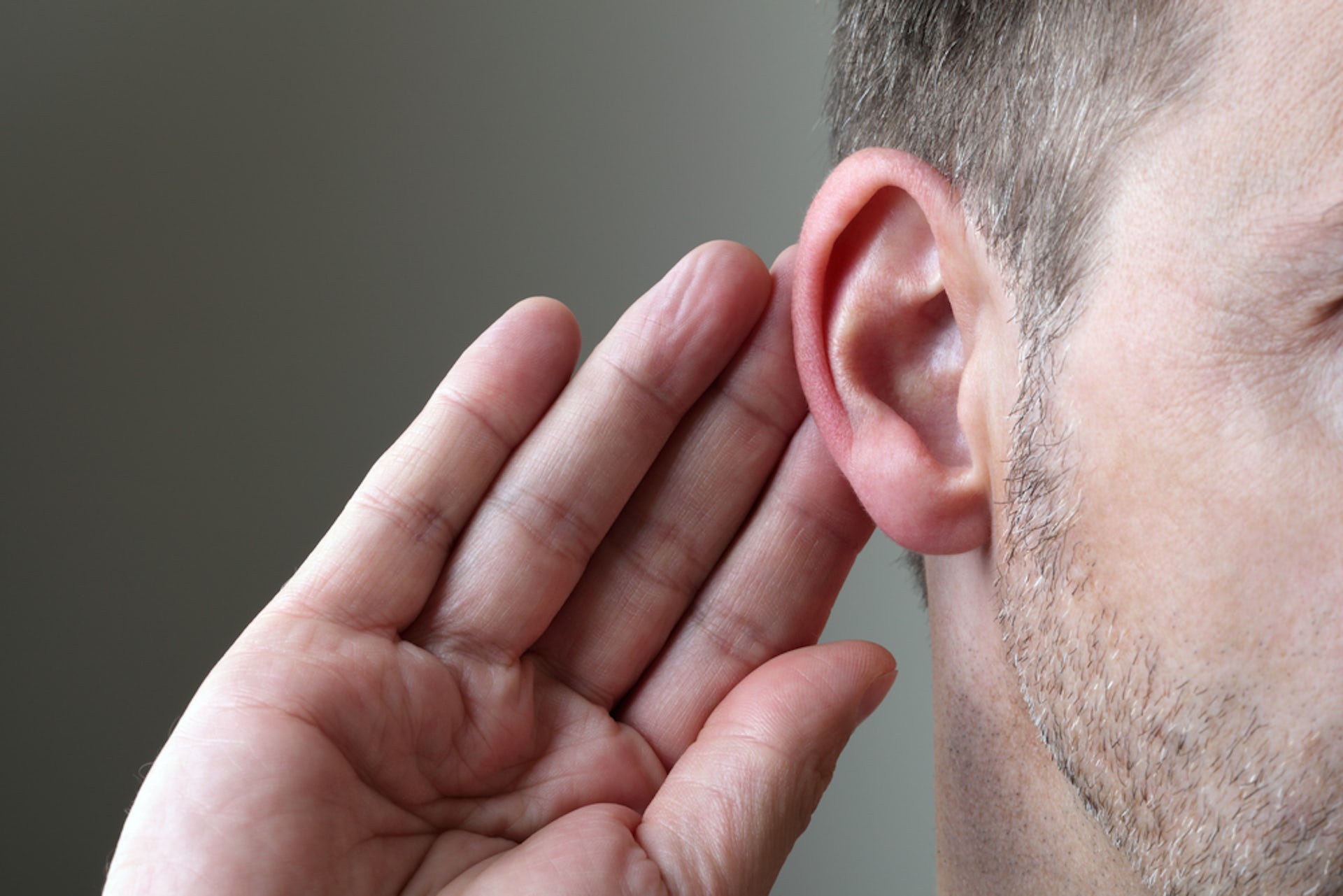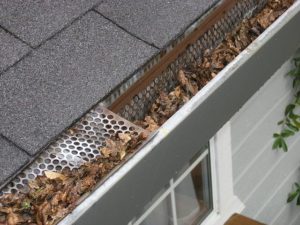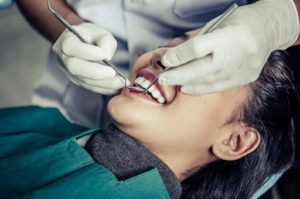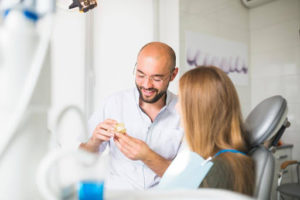Our ears play a crucial role in our daily lives, enabling us to hear the beautiful symphony of sounds that surround us. It is essential to take care of these intricate organs to ensure optimal hearing and overall well-being. Proper ear care includes understanding the role of earwax, knowing whether ear cleaning is mandatory, and learning how to clean your ears properly. In this article, we will delve into these topics to help you maintain clean and healthy ears.
Some Facts About Earwax
Earwax, medically known as cerumen, is a naturally occurring substance produced by the glands in our ear canals. Despite its sometimes unsightly appearance, earwax serves a vital purpose in keeping our ears clean and healthy. Here are some facts about earwax that will help you appreciate its role:
- Protective Barrier: Earwax acts as a protective barrier, trapping dust, dirt, and other foreign particles that may enter our ears. It prevents these substances from reaching the eardrum, which could cause damage or irritation.
- Self-Cleaning Mechanism: The ear canal has a self-cleaning mechanism. As new earwax is produced, older earwax gradually moves from the inner ear to the outer ear. Chewing and jaw movements also aid in this process.
- Lubrication: Earwax helps to keep the ear canal lubricated, preventing dryness and itchiness.
- Antibacterial Properties: Earwax contains antibacterial properties that help protect against ear infections.
Is Ear Cleaning Mandatory?
One common question many people have is whether ear cleaning is necessary. The answer is not a simple yes or no, as it depends on individual circumstances. For most people, the ears are self-cleaning, and the natural migration of earwax to the outer ear allows for proper cleaning without intervention.
However, some individuals may experience earwax buildup due to overproduction or ear canal shape, leading to earwax impaction. Common symptoms of earwax impaction include earache, hearing loss, ringing in the ears (tinnitus), and a feeling of fullness in the ear. In such cases, ear cleaning might be necessary to alleviate these symptoms and prevent complications.
If you experience any of the symptoms mentioned above or suspect earwax impaction, it is crucial to seek medical advice from an ear wax removal doctor, an audiologist, or an ear, nose, and throat (ENT) specialist. Attempting to clean your ears at home without proper guidance can lead to further complications, such as ear canal injuries or pushing the earwax deeper into the ear.
How to Clean Your Ears Properly
If you have been advised to clean your ears at home or simply wish to maintain healthy ears, following these proper ear cleaning techniques can be beneficial:
- Avoid Cotton Swabs: Contrary to popular belief, cotton swabs should not be used to clean the ears. Inserting cotton swabs or any small objects into the ear canal can push the earwax deeper, increasing the risk of impaction or injury to the eardrum.
- Use a Damp Cloth: Gently clean the outer ear with a damp cloth during your regular bathing routine. This will remove excess earwax from the outer ear without interfering with the self-cleaning mechanism of the ear canal.
- Ear Irrigation: If you experience earwax impaction and your doctor recommends ear cleaning at home, you can try ear irrigation using a bulb syringe or an over-the-counter earwax removal kit. This involves softening the earwax with mineral oil, glycerin, or specific earwax softening drops, followed by gently flushing the ear canal with warm water. However, it is essential to follow the instructions carefully and avoid excessive pressure to prevent injury.
- Ear Drops: Over-the-counter ear drops may also help soften earwax and facilitate its natural expulsion. Before using any ear drops, consult with a healthcare professional to ensure they are suitable for your specific situation.
- Seek Professional Help: If you are unsure about how to clean your ears or suspect earwax impaction, it is always best to consult a healthcare professional, especially an ear wax removal doctor. They have the expertise and proper tools to safely and effectively clean the ears without causing harm.
Preventing Earwax Buildup
Prevention is key to maintaining clean and healthy ears. Here are some tips to help prevent excessive earwax buildup:
- Hands-Off Approach: Avoid inserting any objects, including cotton swabs, into your ear canal. Let your ears handle their self-cleaning process naturally.
- Ear Protection: When engaging in activities that expose you to loud noises, such as concerts or using power tools, wear ear protection like earmuffs or earplugs. Prolonged exposure to loud noises can contribute to earwax overproduction.
- Limit Earphone Use: If you frequently use earphones or earbuds, keep the volume at a safe level to prevent damage to your hearing.
- Regular Check-ups: Schedule regular ear check-ups with a healthcare professional to monitor your ear health and detect any issues early.
Keeping your ears clean and healthy is essential for maintaining optimal hearing and overall well-being. Understanding the role of earwax, knowing when ear cleaning is necessary, and learning proper ear cleaning techniques are vital aspects of ear care. Remember to avoid inserting objects into the ear canal and seek professional help when needed, especially from an ear wax removal doctor. By following these guidelines and practicing preventive measures, you can ensure your ears remain in top-notch condition, allowing you to enjoy the beautiful sounds of life to the fullest.





Be First to Comment